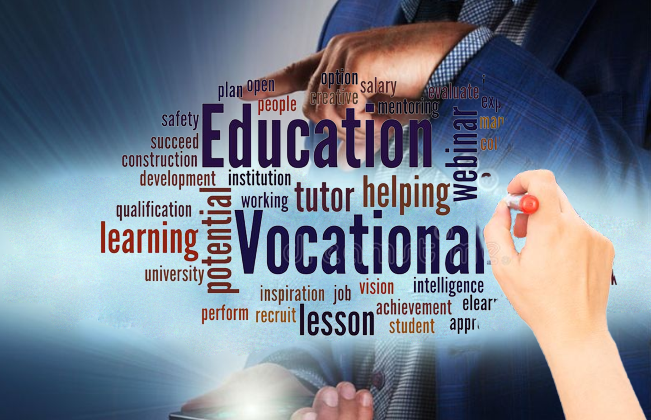Vocational education, also known as career and technical education, is a type of education that focuses on providing students with the skills and knowledge needed to succeed in a particular trade or profession. Unlike traditional academic programs, vocational education places a greater emphasis on hands-on training, practical skills development, and real-world experience.
The importance of vocational education cannot be overstated. In today’s rapidly changing job market, it is more important than ever for students to gain practical skills and experience that can be immediately applied to the workforce. Vocational education provides a unique opportunity for students to learn the skills they need to be successful in a wide variety of industries, from construction and manufacturing to healthcare and technology.
One of the key benefits of vocational education is that it provides students with the opportunity to learn in a hands-on environment. Rather than sitting in a classroom and listening to lectures, students in vocational education programs are actively engaged in the learning process. They work with their hands, using tools and equipment to gain practical experience in their chosen field. This type of learning is particularly effective for students who may struggle in traditional academic settings or who learn better through practical experience.
Another benefit of vocational education is that it provides students with the opportunity to gain real-world experience in their chosen field. Many vocational education programs require students to complete internships or other types of work-based learning experiences. These opportunities allow students to apply the skills and knowledge they have learned in the classroom to real-world situations, giving them a valuable head start as they begin their careers.
In addition to providing students with practical skills and real-world experience, vocational education also helps to prepare students for the job market. Many vocational education programs are designed with specific industries in mind, and they provide students with the skills and knowledge needed to succeed in those industries. This can be particularly valuable for students who may be uncertain about their career goals, as vocational education can help them explore different career paths and gain valuable insights into the job market.
One of the key challenges facing vocational education is the perception that it is somehow inferior to traditional academic programs. There is a common misconception that vocational education is only for students who are not academically inclined, or who are not interested in pursuing higher education. This simply is not true. Vocational education is a valuable option for students of all academic backgrounds, and it provides a unique opportunity to gain practical skills and experience that can be immediately applied to the workforce.
To overcome these challenges and ensure that vocational education remains a viable option for students, it is important to continue to promote the benefits of vocational education and to work to eliminate the stigma associated with it. This can be accomplished through a variety of strategies, including targeted marketing campaigns, outreach to parents and educators, and partnerships with businesses and industry leaders.
Another key challenge facing vocational education is the need to keep pace with technological advancements and changes in the job market. As industries evolve and new technologies emerge, it is critical that vocational education programs adapt and evolve as well. This requires ongoing investment in equipment, facilities, and curriculum development, as well as a commitment to ongoing training and professional development for instructors.
Despite these challenges, the future of vocational education is bright. As the job market continues to evolve and the demand for skilled workers continues to grow, the importance of vocational education will only continue to increase. By investing in vocational education, we can help to ensure that students are prepared for the jobs of the future and that our workforce remains strong and competitive in the global economy.
In conclusion, vocational education is a vital component of our education system. It provides students with the skills and knowledge they need to succeed in a wide variety of industries, and it helps to prepare them for the challenges of the job market. While there are certainly challenges facing vocational education, there are also many opportunities to improve and expand vocational education programs.
![]()





